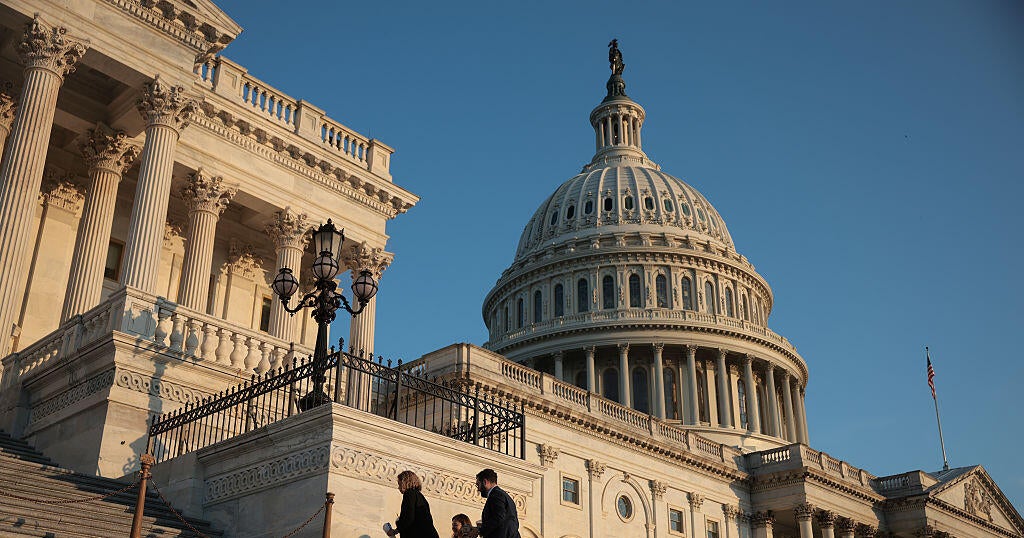- Tax Relief Centers on SALT Cap Expansion
- Deficit Impact Sparks Congressional Debate
- Political Calculations Drive Final Passage
President Donald Trump signed his sweeping tax and spending legislation into law during a White House Fourth of July celebration Friday, delivering on campaign promises to extend expiring tax cuts while temporarily quadrupling the cap on state and local tax deductions.
The nearly 900-page "One Big Beautiful Bill" makes permanent most provisions of Trump's 2017 Tax Cuts and Jobs Act, which were set to expire at year's end, and raises the state and local tax deduction limit from $10,000 to $40,000 through 2029. The legislation passed the House 218-214 on July 3 and the Senate 51-50 earlier in the week, with Vice President JD Vance casting the deciding vote.

The SALT deduction increase addresses a key demand from Republicans representing high-tax states, particularly in New York and California. Under the Senate version that became law, the $40,000 cap will rise by 1 percent annually through 2029 before reverting to $10,000 in 203012.
The expanded deduction applies only to households with modified adjusted gross incomes of $500,000 or less, with benefits phasing out for higher earners1. According to SmartAsset, a married couple in New Jersey earning $450,000 and paying $40,000 in combined state and property taxes would now be able to deduct the full amount, compared to just $10,000 under current law1.
The bill also eliminates federal income taxes on tips and overtime pay through 2028, increases the child tax credit to $2,200 permanently, and raises the standard deduction to $31,500 for married couples34.
The Congressional Budget Office estimates the legislation will add $3.4 trillion to federal deficits over the next decade1. To partially offset costs, the bill imposes work requirements and more frequent eligibility checks for Medicaid, which the CBO projects will result in 11.8 million Americans losing health coverage1.
The measure also shifts some food stamp costs to states with high error rates and includes $46.5 billion for border wall construction1. According to the Los Angeles Times, the wealthiest families will receive an average $12,000 tax cut while the poorest will face an additional $1,600 annually due to benefit reductions2.
Senate Majority Leader John Thune had previously called the House's original SALT provisions "very, very hard" to pass, reflecting resistance from Republicans representing lower-tax states1. The compromise temporary increase allowed the measure to advance through budget reconciliation, requiring only a simple majority.
Ways and Means Committee Chairman Jason Smith called the legislation "the greatest piece of Republican legislation in a generation"2.





